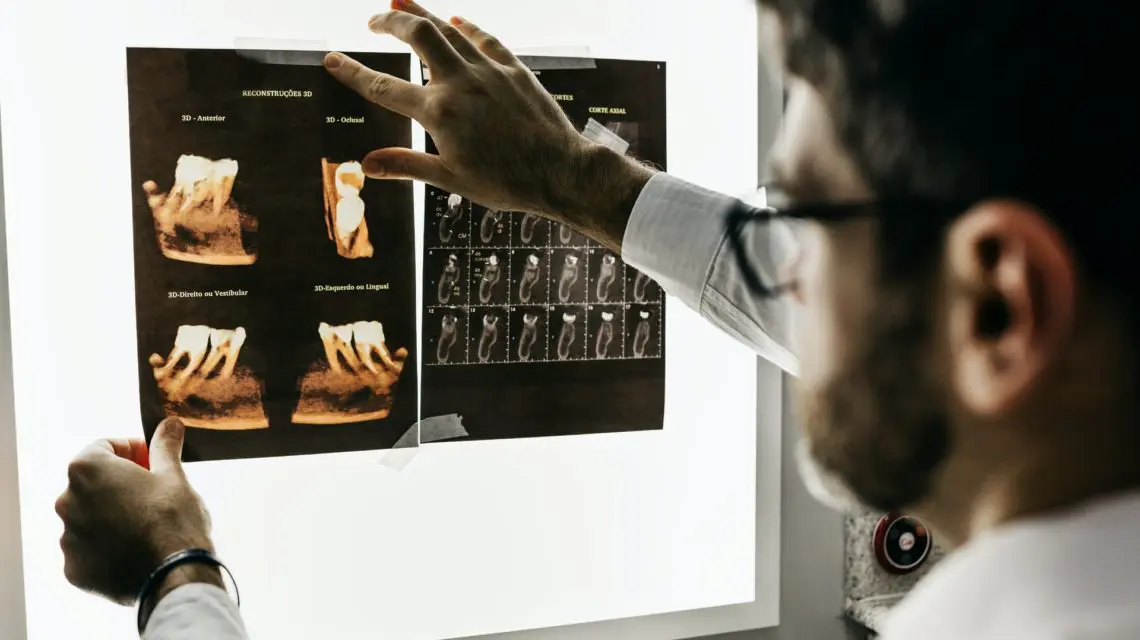We have a lot of reasons to be grateful for our teeth. They help us eat our favorite foods, talk to our friends, and smile at our loved ones. Establishing a good oral hygiene routine is the best way to take care of your teeth and make sure they last you a lifetime.
Dental enamel is the hard, protective layer that keeps your teeth strong enough to bite and chew food. Tooth decay is the erosion of enamel that results in cavities and, if left untreated, tooth loss.
Symptoms of tooth decay include:
- Spontaneous tooth pain
- Brown, black, or white surface stains
- Sensitivity to hot, cold, or sweets
- Pain when biting down
- Visible holes or pits
Visiting the dentist is the best way to prevent and treat tooth decay. At Country Club Dental in Flagstaff, AZ, Dr. Paul D. Whitney provides patients with a full range of general and cosmetic dentistry services.
Four Common Questions About Oral Health and Tooth Decay
Our team is here to help you learn more about how to prevent tooth decay, and what treatment options are available to restore damaged teeth. To help you learn more about the leading causes of tooth decay, here are the answers to four commonly asked questions about oral health.
1. What Type of Bacteria Causes Tooth Decay?
It’s important to understand what kind of bacteria causes tooth decay. Damaging oral bacteria called anaerobic bacteria accumulate and erode enamel. This type of bacteria thrives in airless environments and feeds on the food debris and mucus in the mouth and throat.
Preventing tooth decay from bacterial build-up can be accomplished with daily brushing and flossing as well as a full dental cleaning every six months.
2. Can Lack of Calcium Cause Tooth Decay?
Dental enamel is made up of calcium, an important mineral that contributes to the strength of bones and teeth. Since enamel is the protective layer of our teeth, a lack of calcium can lead to tooth decay. You can strengthen your teeth by eating foods that are rich in calcium like spinach, kale, and yogurt.
3. What are Some Foods that Cause Tooth Decay?
A healthy, balanced diet can help you keep your teeth and the rest of your body strong and healthy. Knowing what NOT to eat is a key part of nutritional health. Foods that cause tooth decay include:
- Candy and sugary treats
- Refined carbs like bread and crackers
- Wine
- Carbonated drinks
- Citrus fruit
- Sports drinks
In general, it’s best to limit your overall sugar and alcohol intake to maintain good overall health.
4. What Medications Cause Tooth Decay?
A variety of medications can lead to tooth decay, most commonly by causing dry mouth—a symptom that can harm your oral health over time. You may be at risk for tooth decay if you are taking a medication in one of the following groups:
- Antihistamines
- Decongestants
- Opioid pain medications
- Blood pressure medication
- Antidepressants
Some medications have added sugars that can also cause damage to your teeth. These include:
- Children’s syrup medications
- Chewable antacid
- Certain antifungals
Talk to your doctor about the side effects of any medication you are prescribed so you are up-to-date on the oral health risks you may face.
Treating Tooth Decay in Flagstaff
Tooth pain, sensitivity, and discoloration are problems you may face as a result of tooth decay. Luckily, the team at Country Club Dental is here to help you treat any current enamel erosion and prevent future damage.
Dr. Paul D. Whitney and his team are dedicated to meeting all of your oral health needs.
Schedule an appointment online or call us at 928-526-4314 for experienced and compassionate dental care.
Images used under creative commons license – commercial use (5/30/22). Photo by Jonathan Borba on Unsplash


